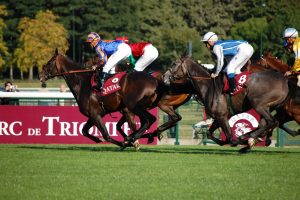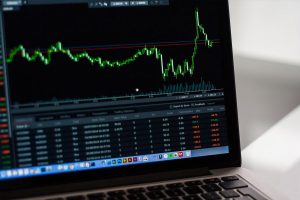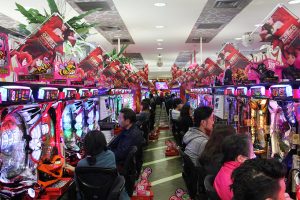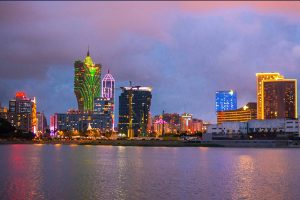India trails last in world-first study of gaming markets
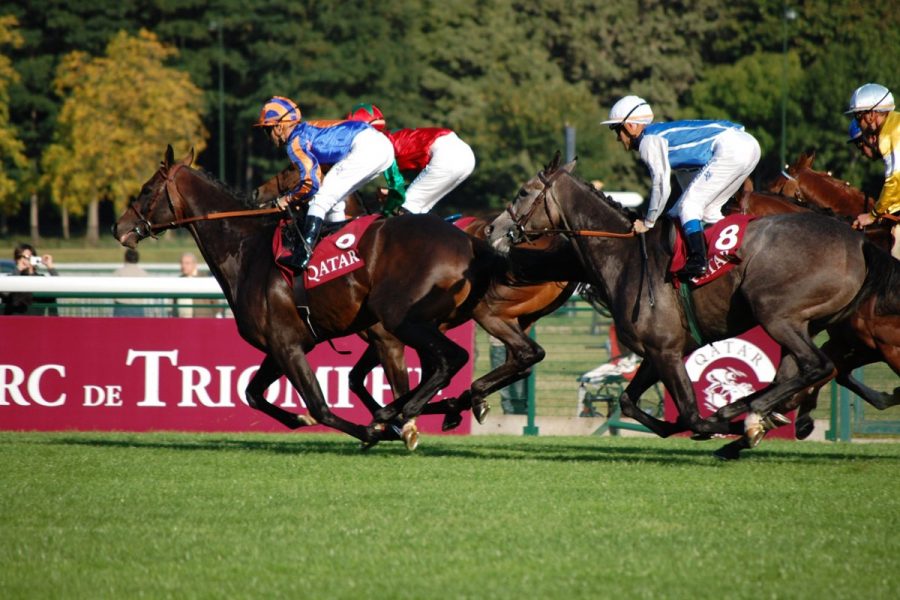
India scored the lowest of any country when it comes to regulated betting markets as betting remains largely prohibited apart from on horseracing.
India.- H2 Gambling Capital and the International Betting Integrity Association (IBIA) have produced a major new study into the gambling sector in 20 countries, including in Australia and India.
The study examines a range of different regulatory models for betting and evaluates the relative strengths and weakness of each of the 20 markets according to five key criteria, awarding points out of 100.
India scored only 9 points and was placed in the 20th position in the list of 20 countries. The report notes that betting in India is largely prohibited and therefore unlicensed and unregulated.
As a result, player protection and market oversight is absent, as are fiscal returns. The report forecast that the unregulated market and related criminality will continue to flourish.
As for betting taxes, in Sikkim, operators are required to pay a levy of 10 per cent of gross gaming yield or five crore rupees, whichever is higher.
Indian income tax laws also state that any winnings from any lottery or other game that exceed INR10k are subject to a withholding tax of 30 per cent.
As regards betting channels, there is very limited access to licensed land-based and online racing and sports betting.
David Henwood, Director of H2, stated: “The key factors that are most likely to generate a successful well-regulated betting market are unlimited licensing, competitive GGR tax, wide product offering, integrity provisions and balanced advertising parameters.”
In May, the Indian federal government said it was seeking to change the valuation of casinos, online gambling portals and racecourses for levying goods and services tax (GST).
According to the Business Standard newspaper, a seven-member panel of state ministers started to examine the possibility of changing the way gambling services are valued for the tax.
Australia ranked in 16th position
Australia scored 69 points in the IBIA report and was placed in the 16th position. When it comes to regulation, the report notes that the Interactive Gambling Act 2001 provides a federal prohibition of most forms of online gambling (excluding betting).
It also highlights the Northern Territory for placing no limitation on online sports betting licences.
As for betting taxes, a point of consumption betting tax ranging from 8-15 per cent of GGR is imposed across most states, except the Northern Territory.
Sports are permitted to impose additional product fees reportedly averaging 2.5 per cent of turnover or 20-30 per cent of GGR, which significantly increases the fiscal burden on Australian operators.
The report gave 12 points for advertising, noting that the Australian Communications and Media Authority (ACMA) provides industry codes of practice that restrict radio and TV advertising, notably around live sporting events.
Some sports and regulators have moved to prohibit betting sponsorship in sport.
In March, The Alliance for Gambling Reform relaunched its campaign to end sports betting ads, claiming sports wagering was the fastest-growing form of gambling in the country.
The group highlighted a report carried out by the Australian Gambling Research Centre (AGRC) that showed that almost one in three participants in a survey of 2,000 opened a new online betting account during the Covid-19 pandemic, and one in 20 started gambling online.
